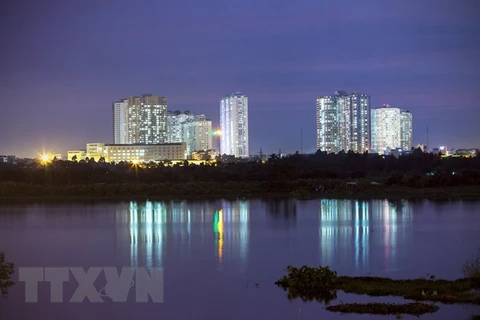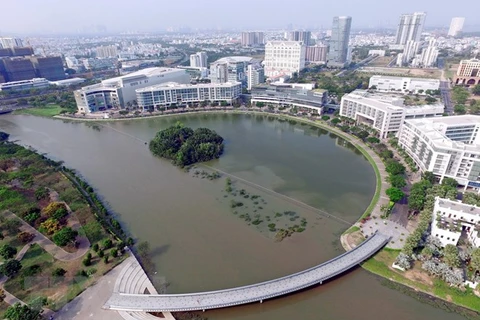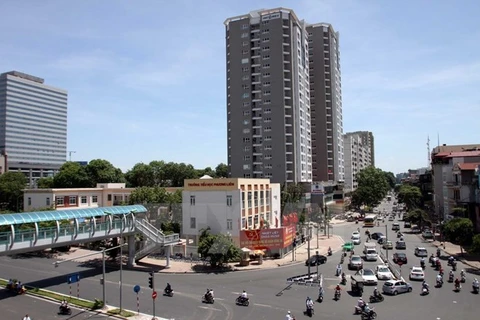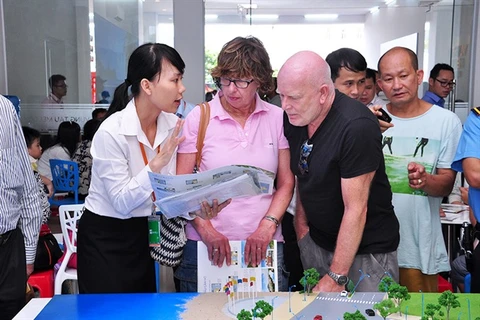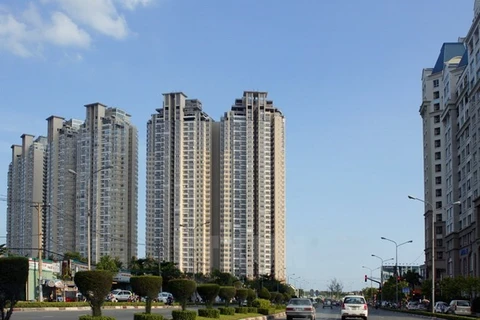HCM City (VNA) – The hi-end property market in Ho Chi Minh City holds great attractiveness to Asian investors, especially those from China, according to CBRE Vietnam.
The real estate services firm said on December 27 that according to statistics on CBRE’s successful transactions in HCM City, Chinese buyers of hi-end apartments only accounted for 2 percent of total customers in 2016 and 4 percent in 2017, but the rate surged to 31 percent in the first nine months of this year.
The main reason is that since 2015, Vietnam has allowed foreign investors to own property in the local market. Additionally, Vietnamese developers have also actively advertised their projects in other countries. While a number of real estate projects were introduced in Singapore and China’s Hong Kong in 2016 and 2017, they have been strongly promoted in Beijing and Shanghai cities of China this year.
CBRE said more Chinese investors have become interested in HCM City’s property market because they saw the development similarity between the southern economic hub of Vietnam and Shanghai.
Three decades ago, Shanghai was almost like HCM City at present with many undeveloped areas and low-rises. Now, it is one of the world’s leading financial centres with soaring property value.
[Video: Property market attractive to foreign investors]
On the other hand, in the past, most of foreign buyers were those who lived or worked in Vietnam for many years. At present, thanks to developers’ active promotion overseas, more foreigners have come to know the Vietnamese market and decided to purchase local real estate although they haven’t set foot in the country.
In fact, they would later still come to the country to visit the items they intended to buy, CBRE noted.
Le Hoang Chau, Chairman of the HCM City Real Estate Association, said foreigners in Vietnam are very interested in the policy to allow foreigners to buy houses at commercial housing projects.
Those from Europe, North America, Australia and Japan usually rent houses, while others from the Republic of Korea, Singapore, China and Hong Kong tend to make purchases, he added.-VNA
VNA

